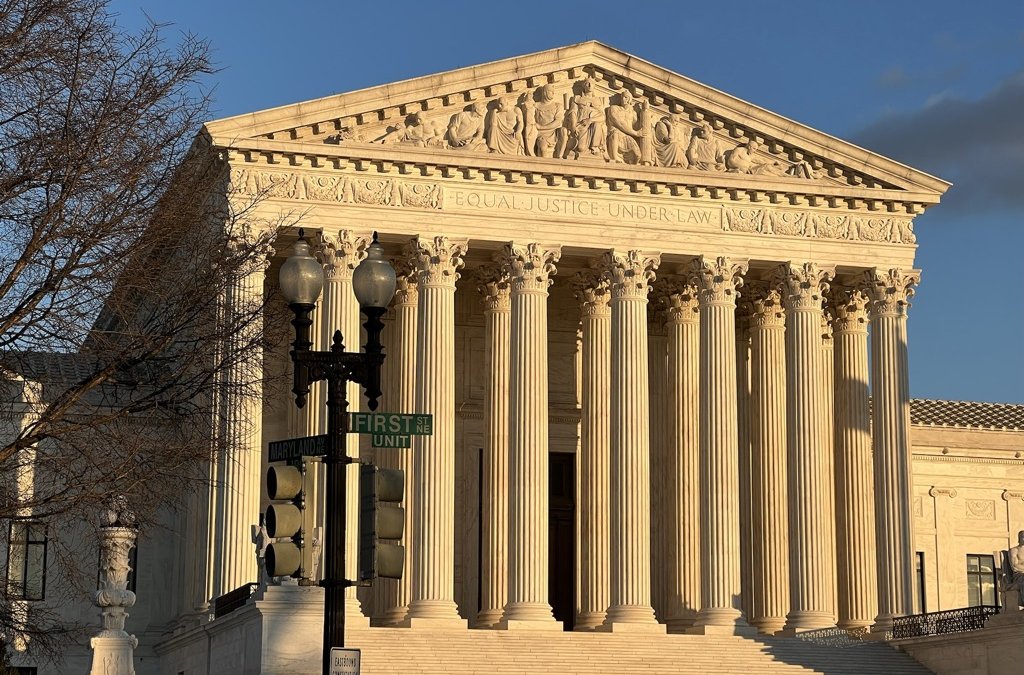WASHINGTON — The Supreme Court agreed on Tuesday to hear an appeal concerning a Colorado website designer’s refusal to create same-sex wedding websites.
The web designer, Lorie Smith, said that while she is willing to serve LGBTQ+ customers, she refuses to design websites for same-sex weddings. Doing so would “compromise” her Christian beliefs about marriage, Smith said in her statement.
Citing the Colorado Anti-Discrimination Act (CADA), the 10th U.S. Circuit Court of Appeals last July upheld a lower court decision, which found Smith must serve couples seeking same-sex wedding websites.
Smith’s “sincerity or good faith” does not preclude her from providing same-sex couples with equal access to services under CADA, Judge Mary Beck Briscoe wrote for the majority on the three-judge panel.
“A faith that enriches society in one way might also damage society in other, particularly when that faith would exclude others from unique goods or services,” Briscoe wrote. “(Smith’s) Free Speech and Free Exercise rights are, of course, compelling. But so too is Colorado’s interest in protecting its citizens from the harms of discrimination.”
The decision forced Smith to comply with “government-compelled speech,” Chief Judge Timothy M. Tymkovich argued in his dissent.
“It seems we have moved from ‘live and let live’ to ‘you can’t say that,’” Tymkovich wrote.
Colorado was also the originator of the Masterpiece Cakeshop case, in which a baker challenged the state’s Civil Rights Commission ruling that he could not refuse service to same-sex couples. In its 2018 decision, the Supreme Court reversed the Commission’s decision because of comments made by the Commission that implied its decision against the Cakeshop owner was not religiously neutral.
In short, according to Georgia State law professor and LGBTQ+ rights researcher Anthony Kreis, the high court sidestepped the question of whether the refusal to service the couple violates a constitutional right.
This time, the court is more likely to tackle the constitutional question head-on — and its decision could “substantially gut” civil rights protections for LGBTQ+ people across the country, Kreis said.
The conservative-leaning court’s decision to take this case, along with cases challenging gun control laws, abortion access and affirmative action, is telling, he added.
“This, to me, is a signal that the court has an appetite now to really attack the basic protections that laws provide and undermine anti-discrimination law more broadly,” Kreis said.
However, even as a legal institution, Kreis said the court is susceptible to political pressures — which LGBTQ+ advocates can capitalize on leading up to oral arguments in the case this fall. Public sentiment and protest still hold weight with the court, he said.
“To the greater extent that members of Congress and members of the general public express outrage and bring light to the issue and make it more salient to the American people,” Kreis said, “I think it’s less likely the Supreme Court will do something significantly out of step with mainstream political thought in this country, which is overwhelmingly supportive of LGBTQ rights.”

